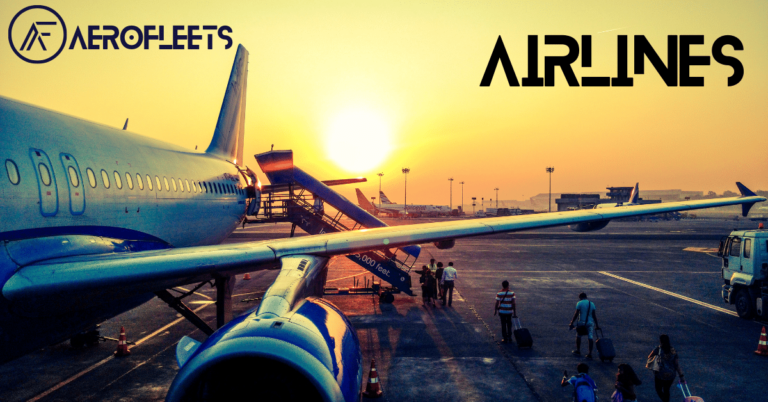Air Berlin was a German based low-cost airline which operated flights to and from domestic and international destinations. Its story is one of merger, expansion and challenges. Air Berlin had grown to become Germany’s second largest airline, but ultimately ran into financial difficulties and was forced to close operations in 2017. This article will explore the story of Air Berlin and the challenges it faced.
Merger and Expansion
Air Berlin was founded in 1979 as a charter airline with just two aircraft, and began operating scheduled flights in 1984. In 2003, the airline merged with dba, a German low-cost airline, in an effort to expand its operations. Following this merger, Air Berlin re-branded itself as a low-cost airline and began to offer no-frills services.
In 2006, Air Berlin announced a partnership with Etihad Airways, which saw the two airlines work together in terms of flight schedules, aircraft and customer service. The agreement opened new routes for Air Berlin, allowing them to expand their presence in the European market.
By 2011, Air Berlin had become the second largest airline in Germany and was operating flights to over 130 destinations. They had also taken over the German leisure carrier, NIKI, and their subsidiary, LTU. This allowed Air Berlin to expand their presence on the international market.
Challenges Faced
Despite the growth and expansion of Air Berlin, the airline began to face financial difficulties in 2013, as a result of the global economic crisis. This led to the airline restructuring its operations and cutting costs. Air Berlin was also hit by the rising cost of fuel and the competition of other low-cost airlines in the market.
In 2017, Air Berlin announced that it was cancelling flights and suspending operations due to its inability to secure new investors. This ended its story as one of Germany’s most successful airlines.
In the years following the closure of Air Berlin, the airline has been subject to a series of legal disputes over its handling of the closure. This has resulted in compensation being paid out to former Air Berlin customers for flight cancellations and delays.
The story of Air Berlin is one of merger, expansion, and eventually financial difficulty. Despite its attempts to restructure and cut costs, the airline was unable to secure new investors and was forced to close operations. In the years since its closure, Air Berlin has been the subject of a series of legal disputes and compensation has been paid out to many of its former customers.




